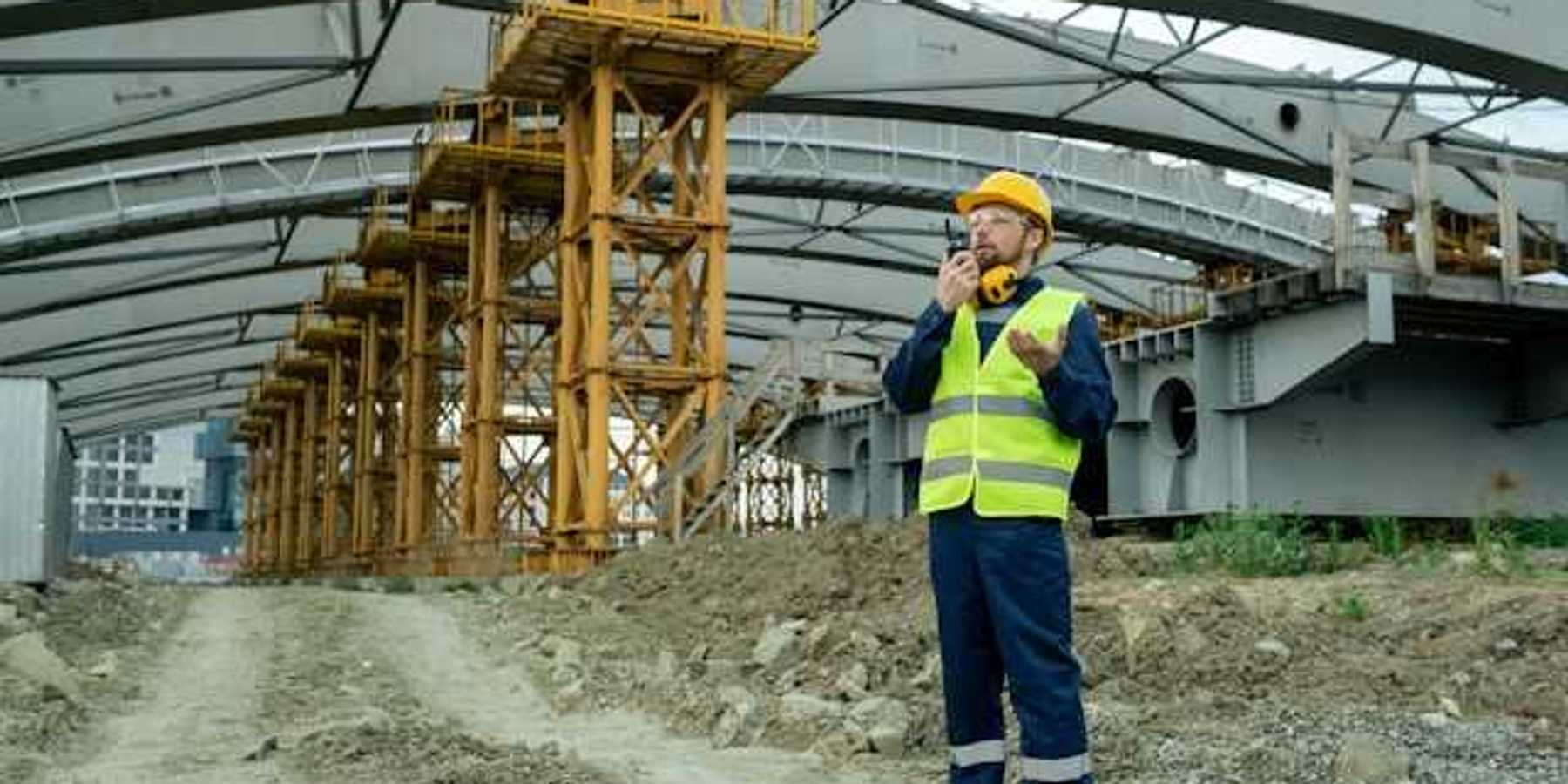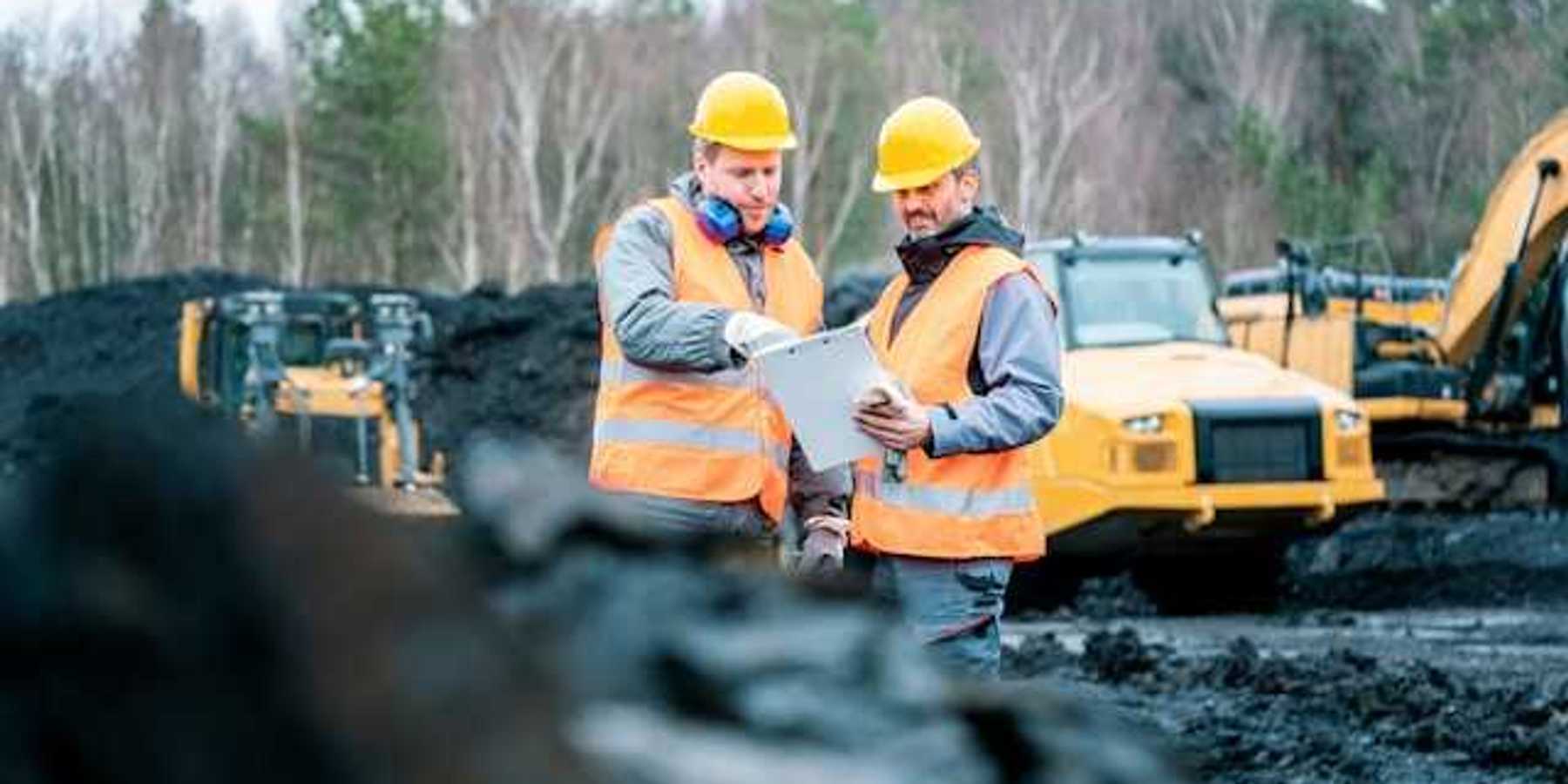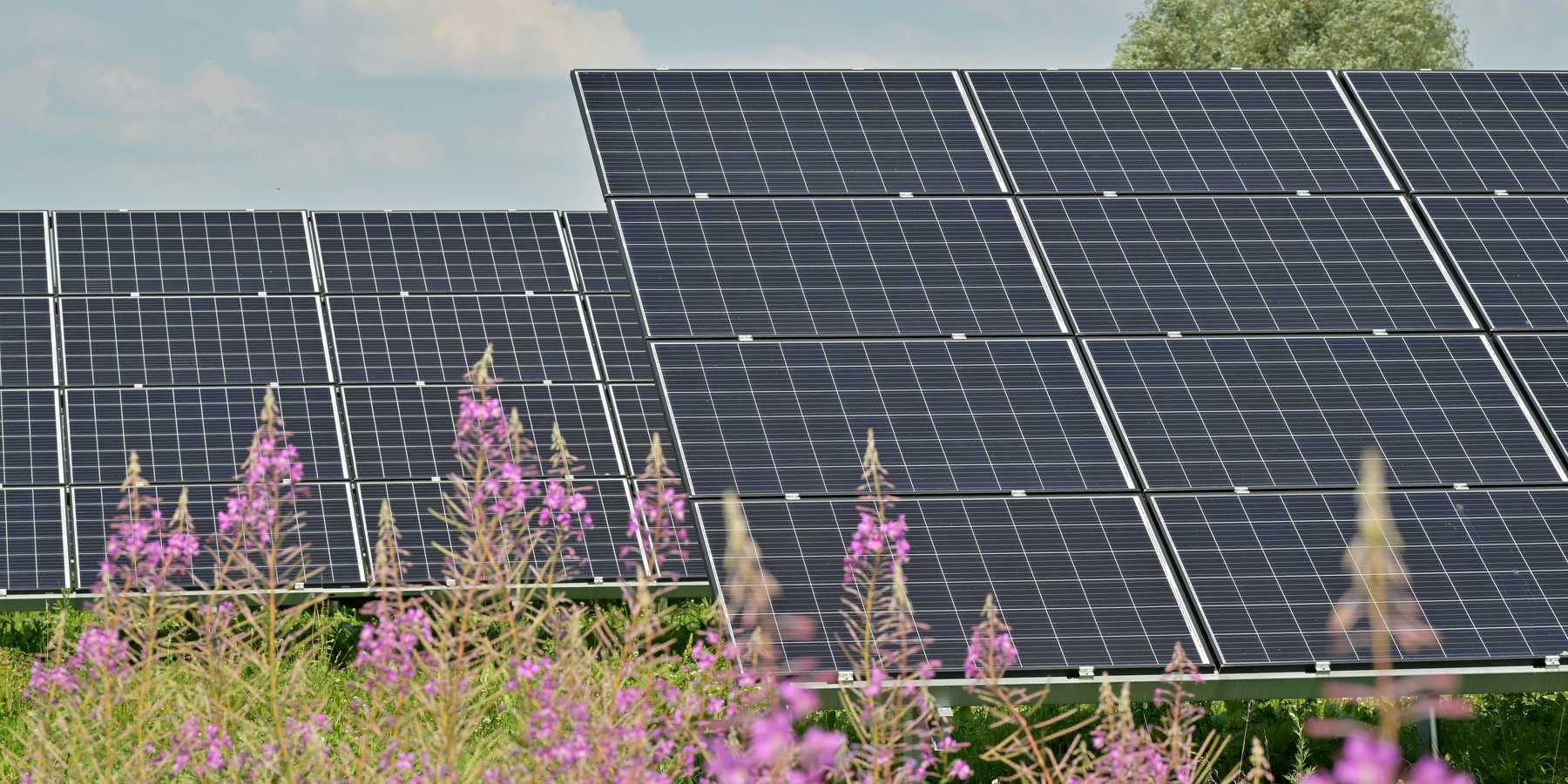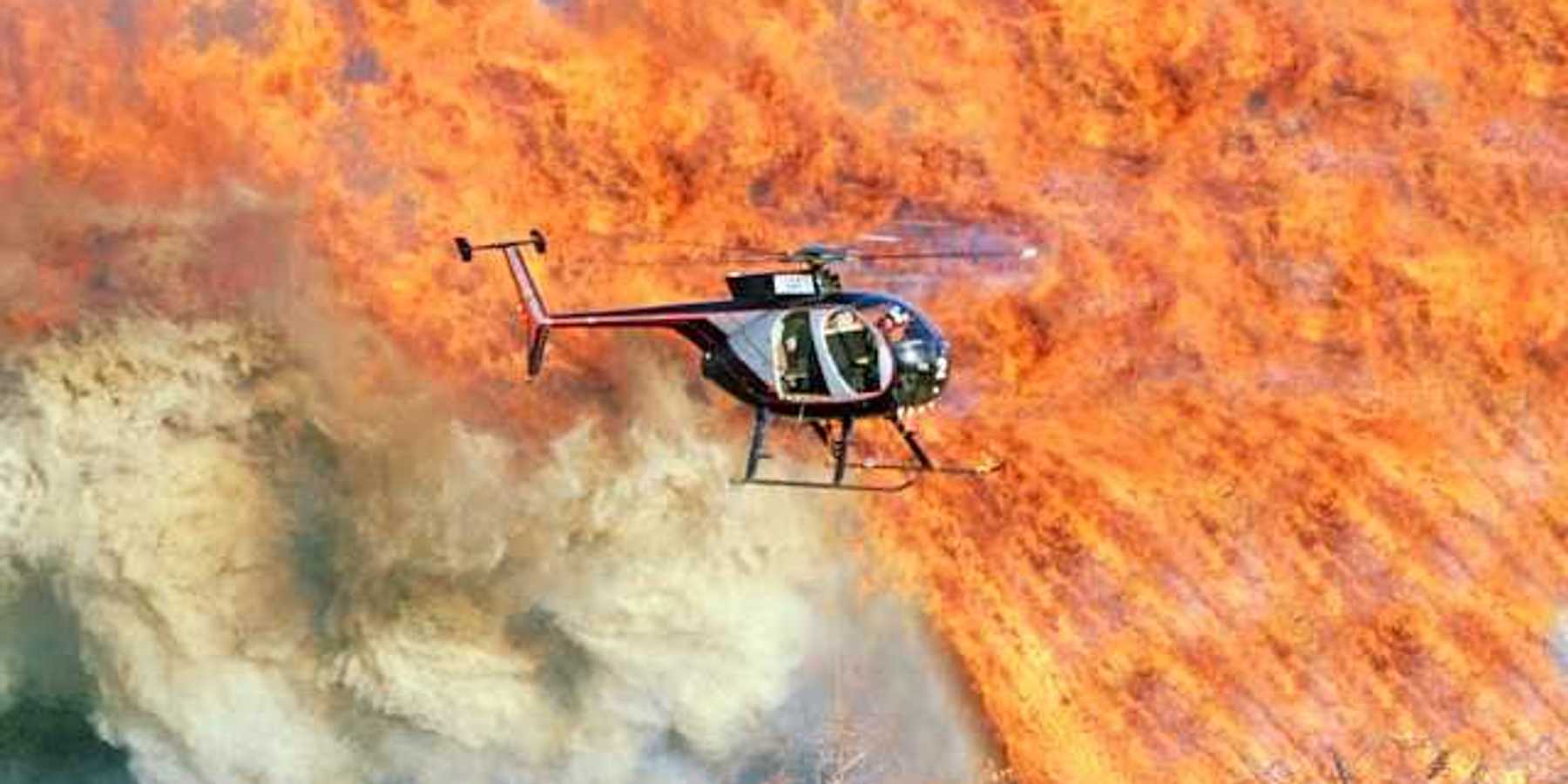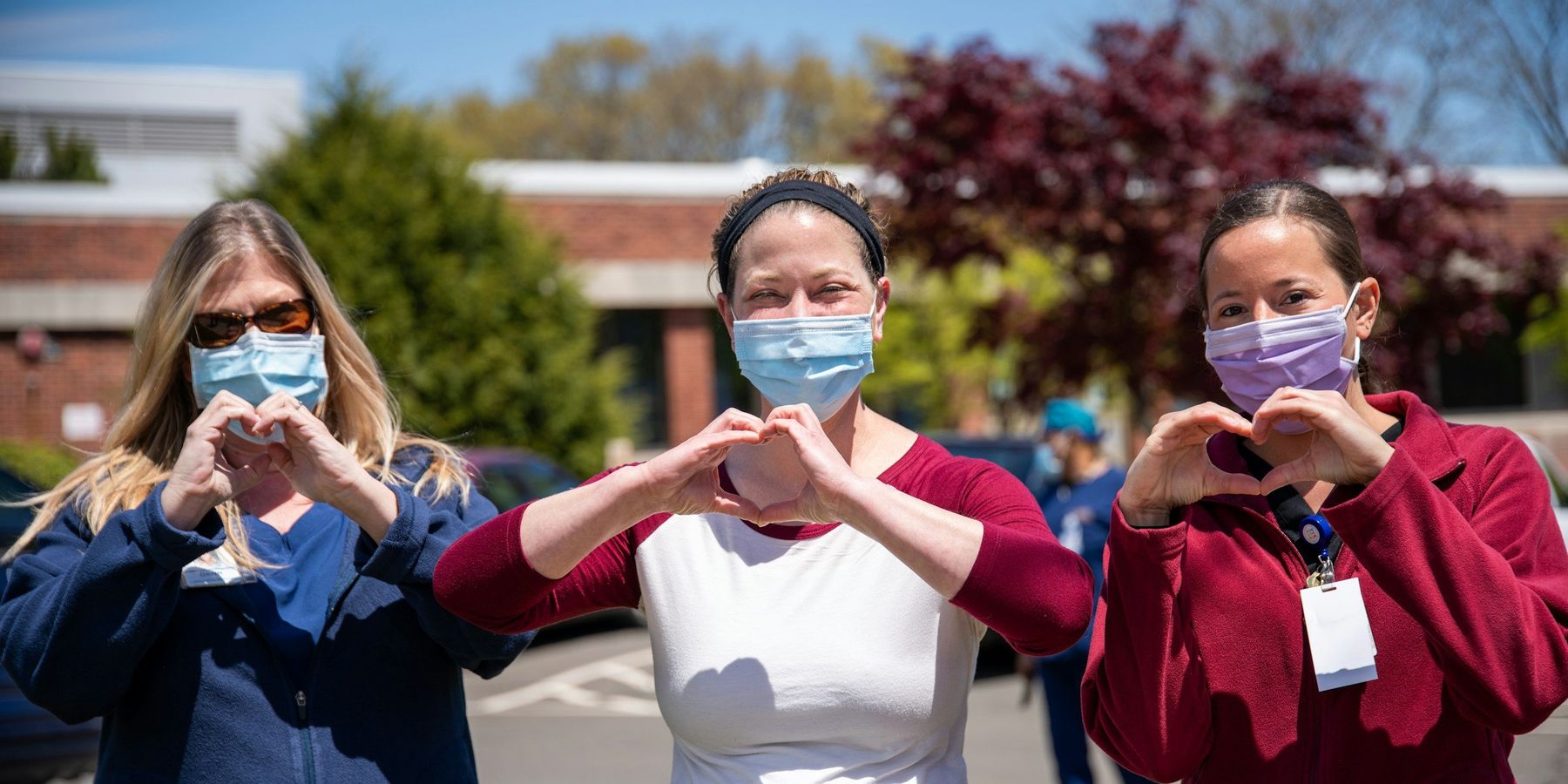
Op-ed: In a warming world, nurses heal people and the planet
Nurses have the experience, motivation and public support to make an important contribution in tackling the climate crises.
During the Covid pandemic, the world cheered as we nurses stepped up. Everyone knows we are essential workers, but our essential role in coping with the climate crisis is much less cheered on, despite our ongoing efforts to be part of the solution.
According to The Lancet, climate change is the greatest global health threat of the 21st century. As temperatures soar, so do cases of heat-related illness and death, cardiac and respiratory disease, and infections like dengue and valley fever. There are 29 million of us nurses worldwide, with deep ties to the communities we serve. We are right there on the front lines – in clinics and hospitals, nursing homes and schools, seeing the health impacts of climate change firsthand.
Because of this, we have earned the public’s respect: in the U.S., we have been voted the most trusted health-care professionals for 22 years running. In a world awash with misinformation about health and climate change, nurses are well-positioned to provide reliable, evidence-based information on both.
Many are rising to that challenge. In Detroit, for example, Mia McPherson, RN worked with the East Side Community Network to create a guidebook on extreme heat. The guidebook translates medical jargon into plain language, educating the community members about the deadliest climate impact. Others are at the forefront of research and clinical practice on climate health impacts. Roxana Chicas, Ph.D., RN, used real-time biomonitoring equipment to conduct a groundbreaking study of heat-related illness among farmworkers in Florida. Now Chicas is working to develop evidence-based methods to protect workers from dangerous increases in core-body temperature.
We’re also organizing. My organization, the Alliance of Nurses for Healthy Environments (ANHE), has supported and organized nurses advocating for action to protect health against climate threats, like pushing for strong federal regulations that protect outdoor workers from extreme heat, reduce emissions from the power sector and move the United States toward a zero emission transportation sector. Others, like the American Nurses Association, have released powerful statements on climate change.
Other nurses are working to make health care itself more climate-friendly, as the sector’s greenhouse gas emissions make up 8.5% of U.S. carbon emissions. Globally, if healthcare were its own country, it would be the fifth-largest emitter on the planet. Nurses like Sara Wohlford, RN, MPH, are leading sustainability programs within their health systems. When Wohlford began working as an emergency-room nurse at Carilion Roanoke Memorial Hospital, in Roanoke, Virginia, she was shocked by the routine waste of resources. So Wohlford launched a sustainability effort that has cut the hospital’s medical supply and food waste by tens of thousands of pounds per year.
"In a world awash with misinformation about health and climate change, nurses are well-positioned to provide reliable, evidence-based information on both."
Despite these promising initiatives, the power of nurses remains largely untapped.
By supporting efforts to integrate climate change into nursing education, like the Nurses Climate Challenge School of Nursing Commitment or the ANHE’s Fellowship program, which provides nurses with the knowledge and skills needed to successfully collaborate with communities most impacted by climate change, funders can help nurses leverage their power. Other programs, like the Florence Nightingale Foundation’s (FNF) Green Healthcare Leadership Programme, help nurses carve out time to participate in sustainability initiatives within their healthcare institutions.
Finally, funders can foster coordination among international nursing organizations, and support nurses’ attendance at international climate change meetings. These meetings provide unique opportunities for nurses to forge new relationships with governmental agencies and advocacy organizations who are unaware of the reach of nurses on this issue. It is especially important to include nurses from the global south, who are confronting the most extreme health impacts from climate change.
Last year was by far the hottest since humans have been keeping records. As we enter what UN Secretary General Antonio Guterres calls “the era of global boiling,” addressing the climate crisis and its parallel health crisis could not be more urgent. It’s an all-hands-on-deck moment, and nurses have the experience, motivation, and public support to make an important contribution. With more philanthropic support, nurses can help meet this critical moment.

